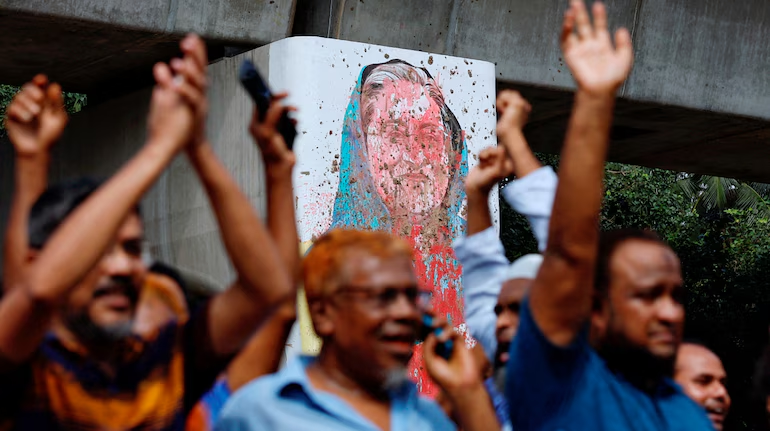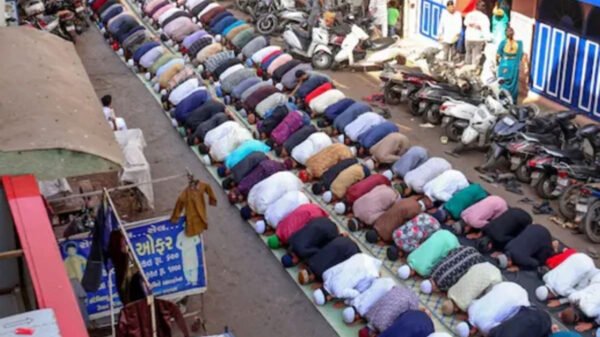Rights Abuses
WASHINGTON: As Bangladesh grapples with the aftermath of days of violence and political instability, marked by the ousting of former Prime Minister Sheikh Hasina, several United States lawmakers have called for sanctions against Bangladeshi officials who served under her administration. These demands follow allegations of human rights abuses linked to the Hasina regime.
US Senator Chris Van Hollen, a Democratic member of the Senate Foreign Relations Committee, has been vocal in his criticism. “The Bangladeshi leaders who orchestrated this brutal crackdown must be held accountable,” Van Hollen asserted.
His remarks reflect the growing concern among US lawmakers regarding the human rights situation in Bangladesh.
The recent unrest in Bangladesh began with student protests against government quotas that reserved a significant portion of jobs for specific groups.
These demonstrations, which erupted last month, rapidly escalated into widespread violence and a campaign to remove Hasina from power. The protests, which were fueled by dissatisfaction with the quotas, soon turned into a larger movement against Hasina’s government.
The situation deteriorated further following the January elections, in which Hasina secured a fourth consecutive term. The election was boycotted by the opposition, and the US State Department later criticized it as neither free nor fair.
The violent protests resulted in the deaths of at least 300 people, many of whom were students. This unrest ultimately forced Hasina to flee to India.
In her absence, an interim government led by Nobel Peace Prize laureate Muhammad Yunus has been established to restore order and oversee fresh parliamentary elections.
In response to the turmoil, Senator Van Hollen, along with five other congressional Democrats, has urged the Biden administration to impose sanctions on key officials from Hasina’s party.
In a letter addressed to US Secretary of State Antony Blinken and Treasury Secretary Janet Yellen, the lawmakers requested sanctions targeting General Secretary of the Awami League party, Quader, and Home Minister Asaduzzaman Khan Kamal.
Although the State Department has not yet disclosed any specific actions related to these sanctions, Secretary Blinken has expressed support for Yunus’s efforts to bring stability to Bangladesh.
On social media, Blinken welcomed Yunus’s appointment as the interim leader and endorsed his call for peace and calm.
Human rights groups have accused Hasina of employing excessive force against protesters, a charge that Hasina has consistently denied.
Since her departure, the student protests have expanded to include demands for the removal of other officials appointed during her tenure.
The political upheaval has also led to violence, including attacks on Hasina’s official residence, the demolition of statues of her father, and assaults on minority communities.
The situation remains tense as Bangladesh navigates this period of significant change and uncertainty, with the international community closely monitoring developments and advocating for accountability and human rights.










